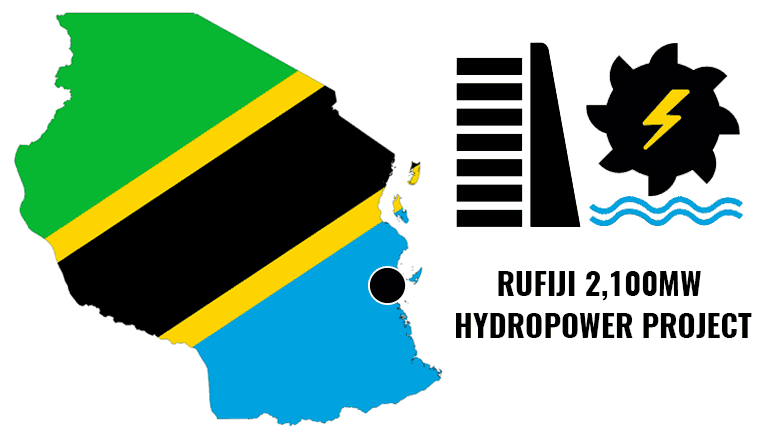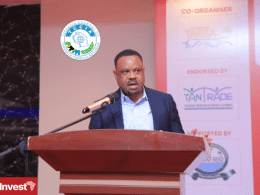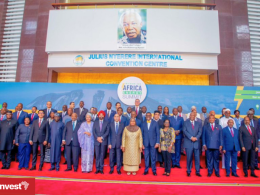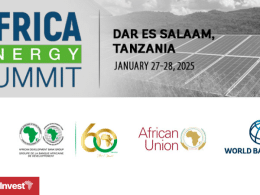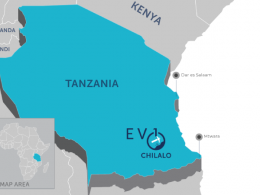The Government of Tanzania has recently announced the invitation for bid-construction of the 2,100MW Rufiji Hydropower Project at Stiegler’s Gorge along the Rufiji River, under Design and Build Contract Including Commissioning.
Funds to cover the construction of the project have been already allocated, the Ministry of Energy and Minerals of Tanzania (MEM) indicates.
Bidding is being conducted through International Competitive Bidding (ICB) as specified in the Public Procurement (Amendment) Act, 2016 and the Public Procurement (Goods, Works, Non-Consultants Services and Disposal of Public Assets by Tender) Regulations, 2013.
The deadline for submission of Bids is at 10:00 Hours local time on 16th October 2017.
The Rufiji Hydropower Project
Tanzania intends to construct Rufiji Hydropower Project at an installed capacity of at-least 2,100MW with a minimum guaranteed annual firm energy of 5,920 GWh.
The project comprises construction of a main dam and appurtenant structures with the expected total reservoir storage capacity of 34,000 Million m3.
In addition, there will be saddle dams and cofferdams. The project will also include construction of Power House(s) to generate the required capacity of 2,100 MW and a 400kV Switchyard.
For additional details read Tender No. ME/008/2017-2018/HQ/W/3: https://mem.go.tz/wp-content/uploads/2017/08/30.08.2017-RUFIJI-HYDROPOWER-PROJECT-ADVERT-FINAL.pdf





